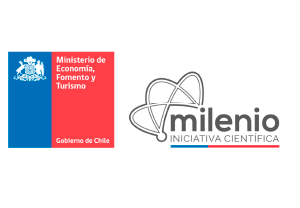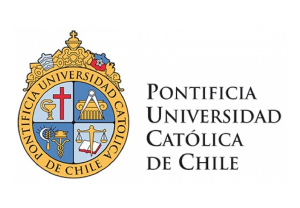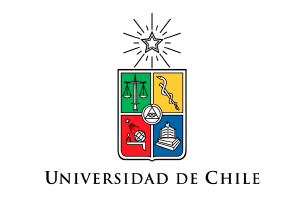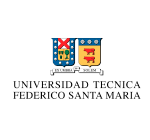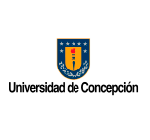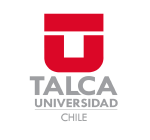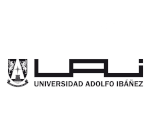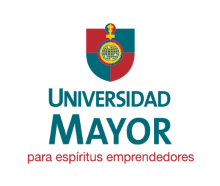Noticias
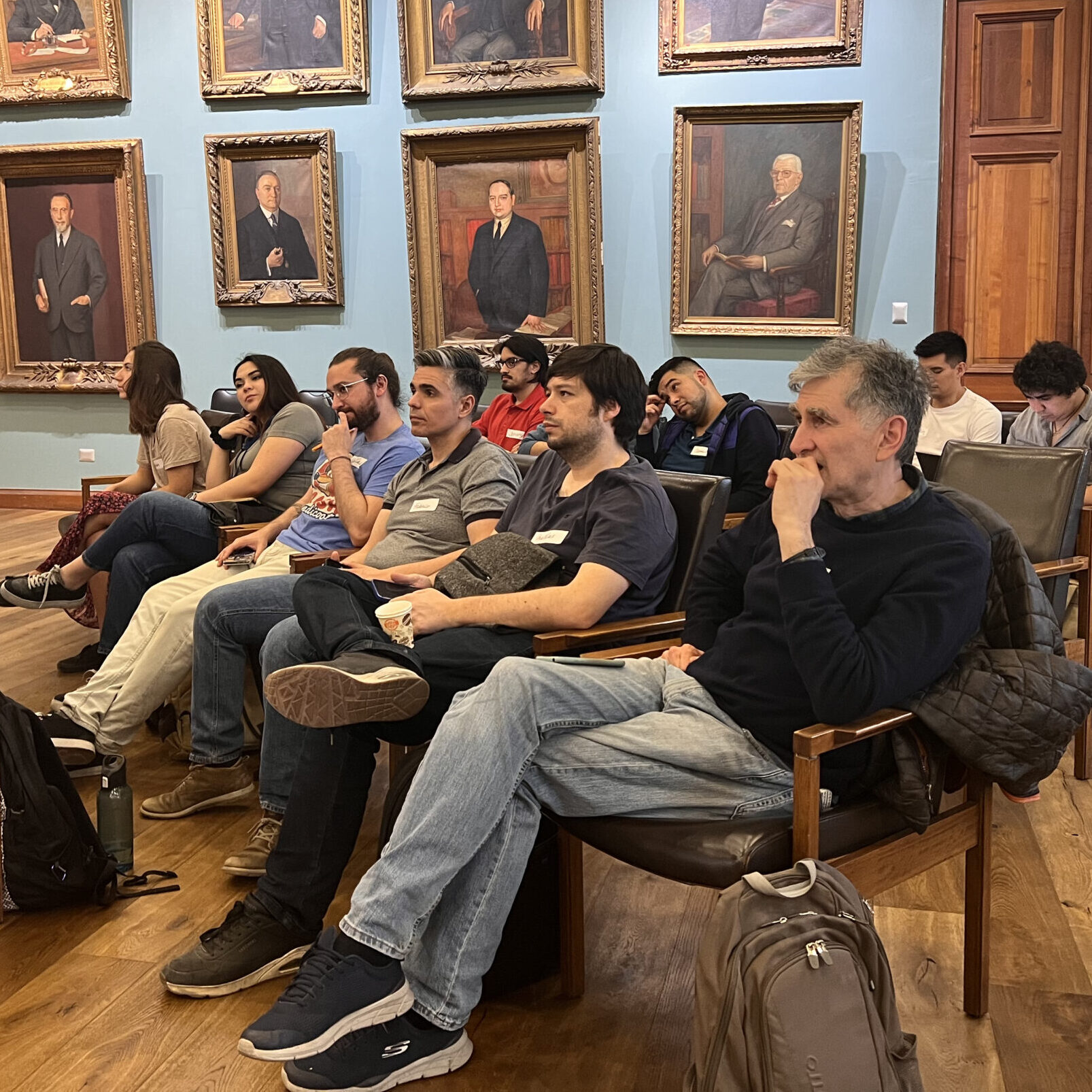
Diciembre, 2023.- Con más de 70 personas, en el Salón Domeyko de la Casa Central de la Universidad de Chile y con la moderación de Camila Diaz Foxon, directora ejecutiva del IMFD, se realizó el primer Seminario de Datos, inteligencia artificial y ética: cómo fortalecer las bases de nuestra sociedad digital al alero del Grupo de Ética del Instituto Milenio Fundamentos de los Datos.
El Grupo de Ética IMFD surge tras la inquietud de varios de los y las investigadoras del instituto en la búsqueda de respuestas para los desafíos que enfrenta la ciencia de datos en su contexto social. “Nuestro objetivo es dar una mirada ética a los datos: partiendo desde lo técnico, pero yendo más allá”, explica Claudio Gutierrez, académico del Departamento de Computación de la Universidad de Chile e investigador IMFD. “Hoy en día, los datos están en todas partes: como personas, estamos constantemente entregando datos a organizaciones. Y por otro lado, tenemos modelos de algoritmos que se están entrenando en todas las dimensiones y disciplinas que podamos imaginar, con estos mismos datos que como personas, entregamos”, explica. Para el investigador, en general este ámbito es tierra de nadie, “una frontera donde convive el mundo legal, los sistemas de información, la bibliotecología, la ética, la política, los expertos en informática, lo que nosotros conocemos como ciencia e ingeniería de datos sí y la pregunta es: ¿a quién corresponde este ámbito?”.
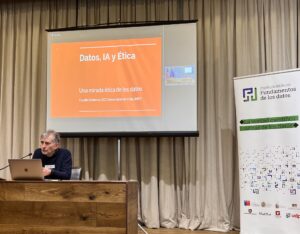
Es por esto que en este grupo, convocado por el Instituto Milenio Fundamentos de los Datos, participan representantes de diversas áreas, entre las cuales se cuentan derecho, ética y ciencias de la computación, esperando ampliarse a medida que se avance en el trabajo colaborativo.
Jocelyn Dunstan Escudero, académica del Departamento de Ciencia de la Computación y del Instituto de Ingeniería Matemática y Computacional de la Pontificia Universidad Católica de Chile e investigadora IMFD, se refirió a los desafíos del uso de datos en el área de salud en su presentación “Ciencia de Datos en Medicina”: “Hay muchas cosas que se pueden ver y hacer en medicina utilizando datos clínicos y modelos de lenguaje, por lo que es necesario y fundamental considerar que la privacidad es una piedra angular en salud, porque es un derecho humano”.
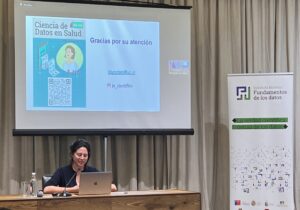
El director del Departamento de Computación de la Universidad de Chile, Alejandro Hevia, realizó su presentación sobre “Seguridad: cómo proteger los datos”, con énfasis en la contradicción que representa el uso de datos para beneficio de la sociedad y la necesidad de protegerlos y cuidar la privacidad al mismo tiempo. “Es muy común escuchar la frase de que los datos son el nuevo petróleo, y yo creo que en algún sentido se parecen al petróleo o incluso a la energía nuclear: ya que nos puede dar cosas muy buenas pero es indispensable manejarla responsablemente, porque es muy difícil controlar los errores: por ejemplo, pensemos en los casos de filtraciones de datos privados y las consecuencias que esto puede tener para las sociedades”.
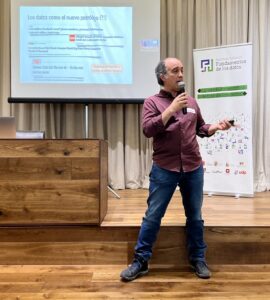
Sobre los cuidados que tienen hoy las diferentes instituciones con nuestros datos, presentó Federico Olmedo, quien junto a Matías Toro, ambos académicos del Departamento de Ciencias de la Computación de la Universidad de Chile e investigadores IMFD, han trabajado en un análisis del contexto nacional en la presentación “¿Están las instituciones públicas protegiendo nuestra privacidad? Desafíos y perspectivas en el contexto chileno”, destacando las contradicciones que tienen las instituciones en tanto deben cumplir con estándares de transparencia y también de privacidad, y las alternativas que puede poner el mundo académico a disposición de las diferentes entidades para cumplir con ambos requisitos, como las herramientas de privacidad diferencial.
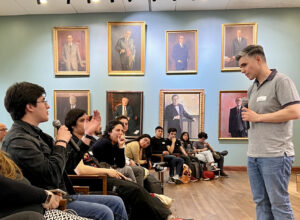
Un completo análisis de la actualidad legislativa nacional e internacional realizó Sebastián Dueñas, investigador del Programa de Derecho, Ciencia y Tecnología de la Universidad Católica y uno de los integrantes más activos del Grupo de Ética IMFD, en “Contexto y desafíos regulatorios de los datos y la IA”, en la cual explicó el modelo que está siguiendo la Unión Europea con la regulación de la inteligencia artificial independiente del contexto de la industria en la que se esté implementando, a diferencia de lo que está realizando Estados Unidos en dónde se está delegando esta función en un órgano ya existente, como la Comisión Federal de Comercio, como el caso estadounidense. “En lo que tenemos un claro consenso, es en la falta de consenso sobre el tema”, destaca el académico. “Lo que es necesario, es definir es cual es el fin de la regulación: si queremos resguardar, controlar los sistemas, reducir la discriminación, mitigar riesgos”.
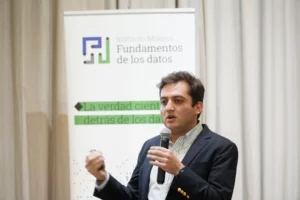
El seminario cerró con la presentación de Alberto Coddou, del Instituto de Derecho Público UACh: “IA y Derechos Humanos: ¿Qué estrategia debe seguir la política exterior chilena?”, en la cual compartió los avances de un proyecto que está desarrollando para el Ministerio de Relaciones Exteriores que tiene como objetivo definir lineamientos que permitan navegar en las regulaciones nacionales e internacionales en materia de datos e inteligencia artificial.
Todas las presentaciones están disponibles en el canal de YouTube del Instituto Milenio Fundamentos de los Datos.








